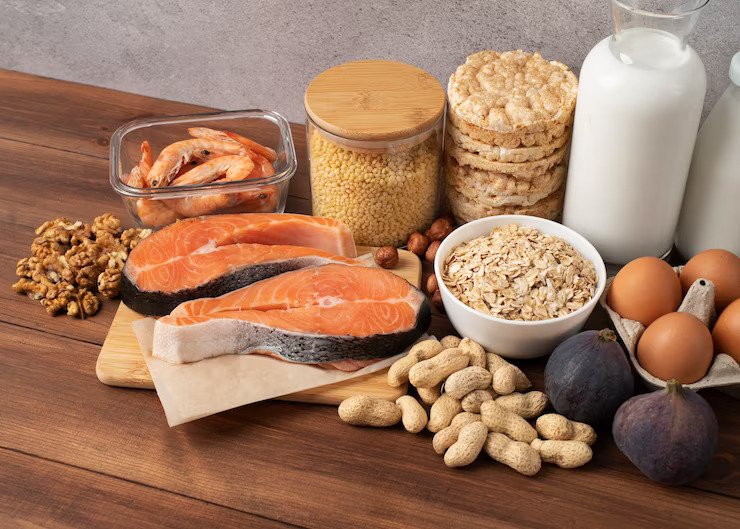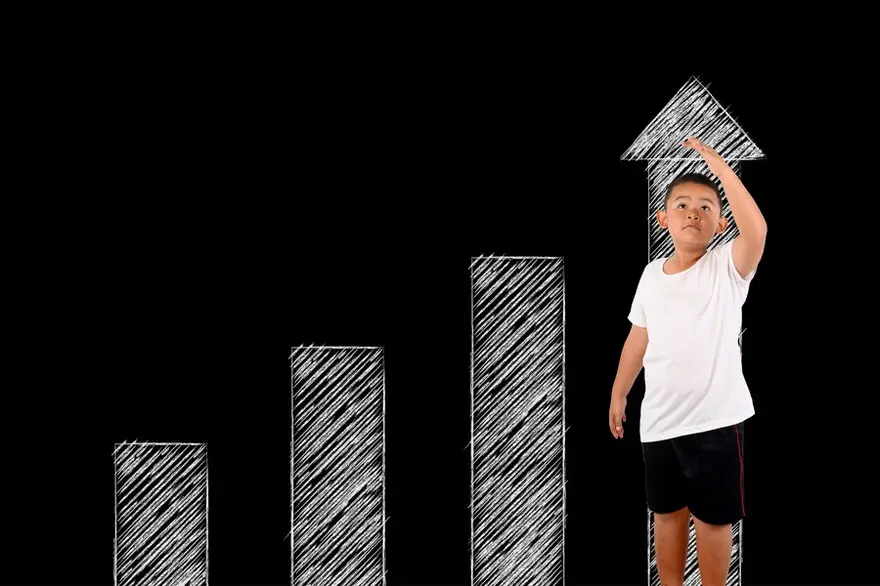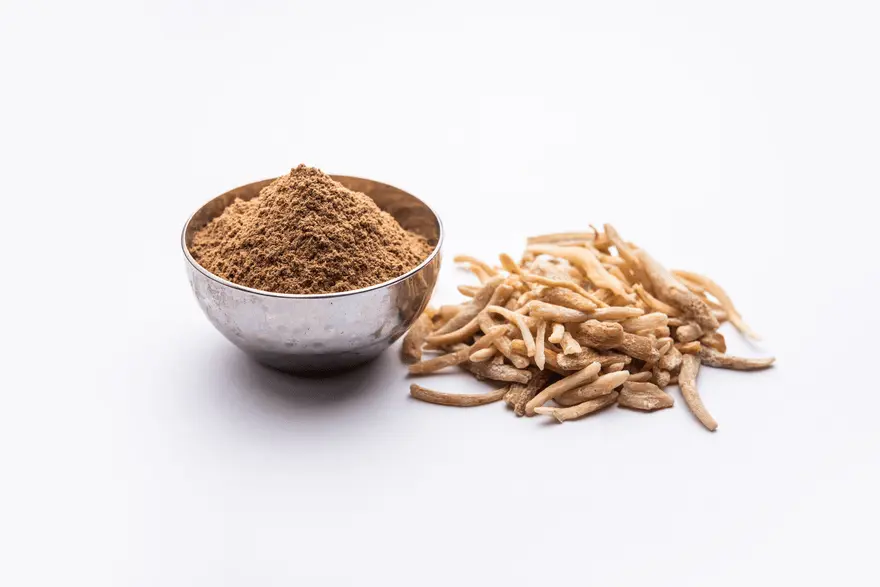Preventive Healthcare
Protein Deficiency : Symptoms, 10 Healthy Protein-Rich Food Sources
5368 Views
0

A balanced diet includes all the essential nutrients and proteins that the body needs. It also contains enough carbohydrates, proteins, fats and minerals to provide energy. A diet with an adequate amount of all these nutrients can help to prevent health problems such as obesity, heart disease, stroke, diabetes and certain types of cancer.
Lack of any of them is bound to result in health complications. Protein, for instance, may be found in lower quantities in food consumed by people who follow a vegetarian diet. The reason being their diet lacks meat and eggs which are primary sources of protein. Hence, they must find alternative food sources that can make up for the lack.
Having a balanced diet can be difficult to achieve on your own. You need to find foods that are both nutritious and tasty. It is also important to avoid foods that are high in sugar, salt and fat. Hence, most people prefer to consult a dietician.
What are The Symptoms of Protein Deficiency?
Protein deficiency can have several health implications. Some of them are as follows -
- Loss of muscle mass
- Fatty liver disease
- Weakening of bones and higher risk of fracture
- Stunted growth in children
- Poor and brittle nails and hair
- Kwashiorkor in children
- Weakness and fatigue
How do Doctors Diagnose Protein Deficiency?
The most common method of diagnosing protein deficiency is through a blood test. The doctor will check the levels of albumin and globulin in your blood. Based on your reports, the doctor may suggest dietary changes so that you are consuming the correct quantity of protein in your diet.
What are Some of The Most Protein-Rich Foods?
We have compiled for you a list of high-protein foods out there that are often overlooked. These include the perfect protein-rich food for vegetarians and non-vegetarians.
The following are some of the highest protein foods:
- Tofu and Edamame: With the rise of veganism, tofu has become a staple part of dietary plans that do not have non-vegetarian options. Both tofu and edamame come from soya beans which are a rich source of protein and contain all the necessary amino acids. Apart from protein they also contain iron, calcium and folate.
- Quinoa: Quinoa is a type of grain that's high in protein and fibre, which makes it a great option for those who are looking for a healthy snack. It can also be incorporated into a variety of dishes, so you do not need to compromise with the taste factor.
- Beans and Legumes: Beans such as kidney beans and black beans are widely consumed by people across the country. They are a major part of the protein-rich food for vegetarians. One cup of cooked beans can provide 15 grams of protein. Incorporating beans and legumes into your diet also helps with keeping your blood pressure, blood sugar and cholesterol levels under control.
- Green Peas: Other than being a great source of protein, green peas also provide you with fibre, vitamins (A, B, C and K) and manganese. Moreover, they are also rich in antioxidants. Green peas are easy to cook and you can also use them as a salad ingredient.
- Greek Yoghurt: One cup of greek yoghurt provides 23 grams of protein. It is also a good source of calcium and has amazing probiotic qualities. You can use greek yoghurt as part of your morning fruit smoothies. There are several flavoured options available in the market. To achieve maximum health benefits, consume sugar-free, plain yoghurt.
- Chia Seeds: A spoonful of chia seeds contains 3 grams of protein, making it a very protein-rich food. You can have chia seeds as part of bread spreads or you can put them into your smoothies as well.
- Oats and Oatmeal: A tasty option that you can add to your diet, oats contain a higher quality of protein compared to rice and wheat. They are also rich in fibre, zinc, phosphorus and folate.
- Soy Milk: A great substitute for dairy, and also a good choice for people who suffer from lactose intolerance - fortified soy milk is a food rich in protein. Each cup of milk provides approximately six grams of protein. It is also a source of calcium and vitamin D.
- Cottage Cheese: Apart from being an excellent source of protein, it also contains very few calories. It has vitamins (such as vitamin B), calcium, phosphorus and selenium. It is a good option for people who are on a low-calorie diet.
- Nuts and Seeds: Last but not least, nuts and seeds are some of the highest protein-rich foods available. Apart from protein, they also contain certain vitamins, iron, calcium, etc. Additionally, they have a variety of health benefits. Nuts and seeds are best consumed raw to retain their full nutritional value.
Bottom Line
With the correct diet, maintaining a balanced level of protein is not a tough task. If you suspect your diet is lacking in protein, it is best to get a test done.
Metropolis Healthcare is your one-stop solution when it comes to blood-testing facilities. Providing 4000+ clinical laboratory tests and profiles with skilled technicians and staff, Metropolis Healthcare is one of the most trusted names in the industry.
You can avail of our services from the comfort of your home. Visit our website to check the directory for blood tests and health check-ups and book an appointment today.























 WhatsApp
WhatsApp